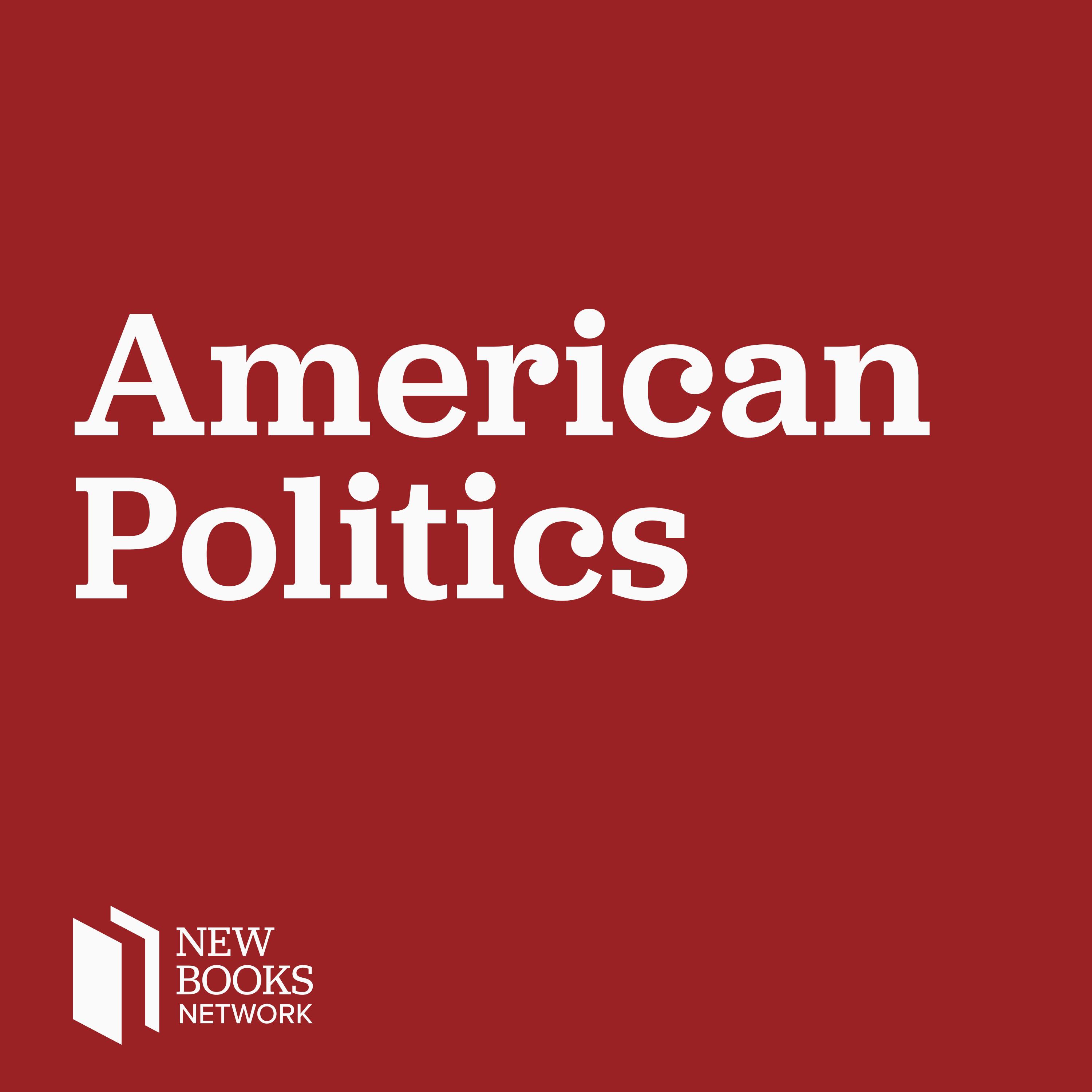Elisabeth R. Anker, "Ugly Freedom" (Duke UP, 2022)
Freedom is often considered the cornerstone of the American political project. The 1776 revolutionaries declared it an inalienable right that could neither be taken nor granted, a sacred concept upon which the nation was established. The concept and actualization of freedom are also to be defended by the state. However, when such a concept has been arrogated, litigated, and delegitimized by a state that ignores its very definition, the concept of freedom comes under critical examination. Political theorist Elisabeth R. Anker, Associate Professor of American Studies and Political Science at George Washington University, has a new book dissecting the core of this conception of freedom. Ugly Freedom (Duke UP, 2022) explores who defined and continues to define freedom, she also examines freedom’s rhetorical capacity, and thus its potential for weaponization. Anker illuminates how the tainted gestation of freedom birthed a status quo based on the individualistic and conditional conception of ‘freedom’ that has long been tangoing with white supremacy, colonialism, climate destruction, capitalism, and exploitation. Such a dance is by design and has been constant throughout U.S. history.
Anker establishes that for democratic government to take hold in the United States, racial domination and violence transpired, limiting the freedoms of some individuals in order to establish a governmental system that is based, in theory, on protecting liberty and freedom. This is the kind of tension that Anker explains as “ugly freedom.” Thus, American freedom, our freedom, has embedded in it the role of colonialism, imperialism, enslavement, and land theft. The shocking stains of slavery produced freedom of prosperity and leisure for white people through direct dehumanization of Black and Brown people—this is what Anker is talking about within the concept of ugly freedom. This has also been manifested through more contemporary rhetoric regarding imperial wars like those in the Philippines, Vietnam, Afghanistan, and Iraq, destroying infrastructure and lives in those countries for the capital prosperity of the imperial core. These ugly freedoms legitimize the economic exploitation of the masses in the name of individual success for the few. Thus, ugly freedom examines the acts of freedom that rely on violence and brutality—this challenges how we often imagine freedom to be. Ugly Freedom explores the connection between politics and aesthetics as well, taking up an array of historical events, political theories and concepts, different forms of art, televisual productions, poetry, music, and biology to illustrate the compounding violence of the few in the name of freedom. The cultural artifacts interrogated were controversial in their own right, and Anker explores them to help understand which kinds of freedom are worth fighting for and which kinds of freedom must be fought against. Through a critical lens, Anker shifts the perception of freedom to help restore justice to its foundational value—one that is less dependent on the individual or individual heroics, and more enveloping of the community and shared collaboration.
Emma R. Handschke assisted in the production of this podcast.
Lilly J. Goren is a professor of political science at Carroll University in Waukesha, WI. She is co-editor of the award winning book, Women and the White House: Gender, Popular Culture, and Presidential Politics (University Press of Kentucky, 2012), as well as co-editor of Mad Men and Politics: Nostalgia and the Remaking of Modern America (Bloomsbury Academic, 2015). Email her comments at [email protected] or tweet to @gorenlj.
Learn more about your ad choices. Visit megaphone.fm/adchoices
 Sign in
Sign in Sign in
Sign in Sign in
Sign in

















































